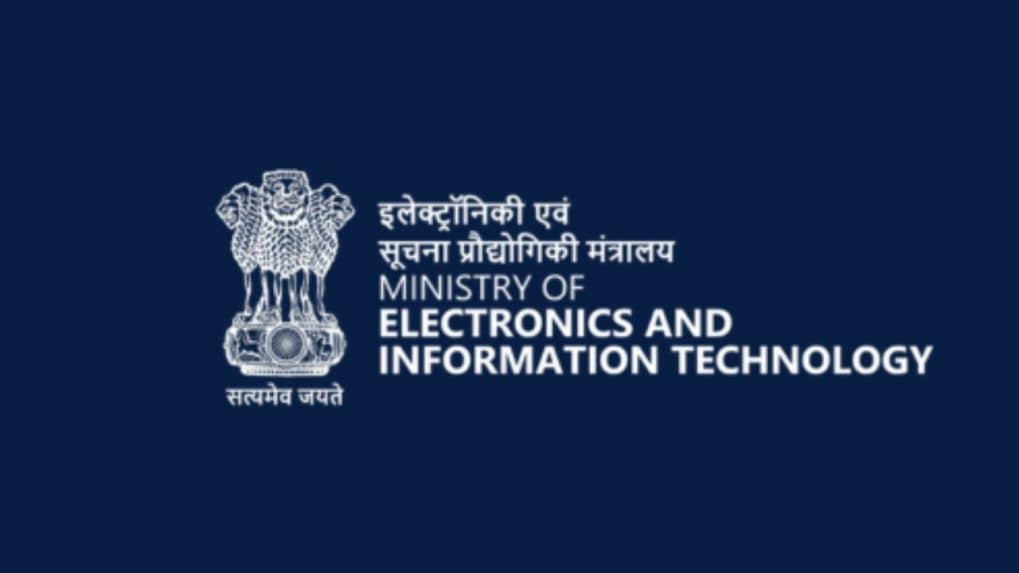Breaking: Govt tightens NCII takedown norms, makes intermediaries directly accountable
Once a complaint is received, intermediaries are obligated to remove or disable access to the reported content within 24 hours and acknowledge the action to the complainant.
ADVERTISEMENT
The Ministry of Electronics and Information Technology (MeitY) has made public the Standard Operating Procedure (SoP) to Curtail Dissemination of Non-Consensual Intimate Imagery (NCII), following directions from the Madras High Court. The SoP, which was submitted to the Court in October 2025, was prepared in compliance with its July 15 order in Writ Petition No. 25017/2025. The Court had asked the Centre to produce a “prototype” outlining the steps that victims could take when faced with the dissemination of their private or intimate content online.
The SoP, issued under Clause (b) of sub-rule (2) of Rule 3 of the Information Technology (Intermediary Guidelines and Digital Media Ethics Code) Rules, 2021, provides a comprehensive procedure for individuals seeking removal of intimate content shared online without their consent. It also defines the roles and responsibilities of intermediaries, government agencies, and law enforcement authorities to ensure timely and coordinated removal of such content from digital platforms.
According to MeitY, the SoP is intended to guide individuals, intermediaries, and authorities in ensuring uniform implementation of the IT Rules, 2021. It covers all materials that expose private areas, depict nudity, show individuals engaged in sexual acts or conduct, or feature artificially morphed intimate images.
The document clarifies that intermediaries must act on requests for removal received either from individuals, their authorised representatives, government agencies, or upon directions issued by competent courts. In accordance with Rule 3(2)(b), intermediaries are required to take down or disable access to NCII content within 24 hours of receiving a valid complaint.
The ministry emphasised that the SoP does not replace or amend the IT Rules, 2021, but serves as a supporting document to facilitate implementation. It described the SoP as an evolving framework and advised stakeholders to consult the latest version available on MeitY’s official website.
The SoP lays out multiple reporting mechanisms for victims of NCII content. One of the primary channels is through the One Stop Centres (OSCs) established under the Ministry of Women and Child Development. An affected individual or anyone acting on her behalf can report the dissemination of NCII content to the nearest OSC.
These centres will assist victims in filing complaints through the National Cybercrime Reporting Portal (NCRP) at cybercrime.gov.in, and, if requested, provide legal and psychological counselling. They may also facilitate filing of complaints with law enforcement agencies and help victims access legal aid through the District Legal Services Authority.
Victims may also directly approach intermediaries such as social media platforms or websites hosting the objectionable content. The SoP specifies that individuals can reach out to intermediaries through their user reporting channels, contact grievance officers appointed under the IT Rules, or use built-in “report abuse” options available on the platforms.
Complaints can also be made through an integrated reporting mechanism on the NCRP. If the intermediary fails to respond within the prescribed time limit or if the complainant is dissatisfied with the resolution, they may appeal to the Grievance Appellate Committee (GAC) through the official portal www.gac.gov.in
Once a complaint is received, intermediaries are obligated to remove or disable access to the reported content within 24 hours and acknowledge the action to the complainant. They must also deploy crawler technology or similar tools to identify identical or derivative content and ensure that such material is removed from other URLs or sources to prevent further uploads.
Additionally, intermediaries are required to share the hashed identifiers of such content with the Indian Cyber Crime Coordination Centre (I4C) through the Sahyog Portal to help maintain a secure database that can prevent reappearance of the flagged content.
Intermediaries must also keep victims informed of removal actions and subsequent developments. Those functioning as search engines must de-index such content from search results, while content delivery networks and domain name registrars are directed to render the flagged content inaccessible by deregistering or disabling the websites hosting it within 24 hours.
The SoP also allows victims to report NCII content directly through the National Cybercrime Reporting Portal managed by I4C under the Ministry of Home Affairs. Complaints can be filed online or by dialling 1930.
The NCRP acts as a central point for registering and monitoring NCII cases and ensures prompt removal of such material. When content is found on social media, the portal facilitates the issuance of notices under Section 79(3)(b) of the IT Act for immediate takedown. Content hosted outside social media platforms may be referred to the Department of Telecommunications (DoT) for appropriate blocking action.
Another avenue available to victims is filing complaints directly with local law enforcement agencies. The SoP directs police authorities to report flagged content through the NCRP and Sahyog Portal, register the complaint where required, and provide assistance in connecting victims with OSCs for counselling or legal aid.
The framework establishes a clear coordination mechanism among central agencies. The Indian Cyber Crime Coordination Centre (I4C) under the Ministry of Home Affairs will serve as the aggregation point for all NCII-related grievances and manage the creation of a secure hash bank to track and block repeat uploads.
The Department of Telecommunications will coordinate with internet service providers to block access to reported URLs. MeitY will work with intermediaries and other stakeholders to ensure compliance and swift implementation of the removal process.
With the publication of this SoP, MeitY has sought to strengthen the protection of individuals, particularly women, against the non-consensual circulation of intimate images online. The document provides a comprehensive procedural roadmap that ensures victims have accessible avenues for redressal and mandates timely, coordinated action by digital platforms and government agencies.

